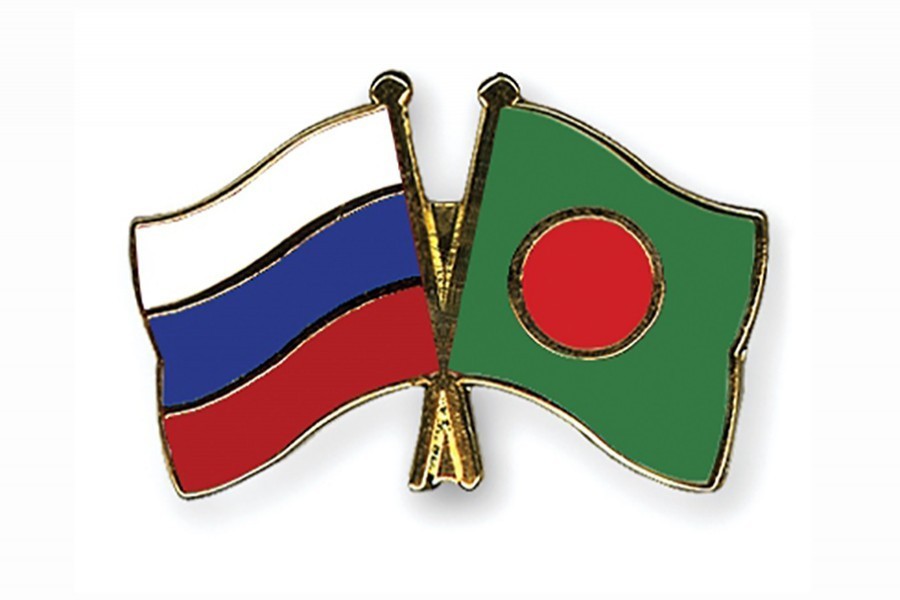Dhaka is desperately exploring alternative payment systems amid multiple sanctions, including SWIFT ban, against Russia as bilateral trade will suffer a setback sans a free and safe transaction mechanism.
State agencies, including finance and commerce ministries, and central bank, are expected to sit for strategies tomorrow to choose a workable method.
Preferring anonymity, a senior commerce ministry official said, "We expect to sit with high officials of various state agencies on October 30 to discuss alternative payment transaction links with Russia."
The recommendations to be made at the meeting will be forwarded to the Bangladesh Bank (BB) for taking the next course of action in the connection, he added.
Last month, the Bangladesh mission in Russia sent a report to commerce ministry to take alternative payment systems for exporting goods amid the US-led Western sanctions against Russia.
If sanctions stay for long, it fears, there are possibilities of hyperinflation and economic turmoil only to adversely impact the bilateral trade.
Trade will suffer to a great extent until and unless there is a free and safe payment system, it maintains.
The US and the EU imposed multiple sanctions, including SWIFT ban, against Russia following its invasion of Ukraine, almost cutting the nuclear power off from the rest of the world.
The impasse comes with series of restrictions, boycott, isolations and supply-chain blockade only to make a multiplier impact, according to the embassy report.
There is also a strong fear of secondary sanctions in case of doing business with Russia, it says.
According to a source, a proposal was mooted for doing trade in national currencies between Bangladesh and Russia for some time.
Both central banks sat in multiple meetings over the issue. However, the proposal is yet to get any approval for lack of an agreement on accepted business process.
Currently, Russian policy-makers are counting on being able to trade in their national currency 'ruble'.
They also give attention to "barter" mechanism for foreign trade. The federation has been doing some international transactions in cryptocurrency with Brazil, Indonesia and African countries.
Besides, the Russian authorities and companies are inventing new ways to stop relying on dollar and euro, Russia is now increasingly turning to Chinese yuan.
The embassy said payments through ruble, yuan or cryptocurrency are all experimental now and need some time to make a pragmatic decision.
Following a close view of the payment systems by several countries, it suggested taking any one or two from the three payment methods in near future, not now.
Some Russian banks are still operating with SWIFT systems that come with great uncertainty and problems. In many cases, payments take much time to settle.
Although Russia has its own system in place called FSPS and MIR, these are mainly functional for domestic banking and credit cards.
Bangladeshi chiefly exports apparel, almost 90 per cent, to Russia. As major buyers like H&M and ZARA have suspended their operations in Russia, Bangladesh faces an acute shortage of orders from Russia.
H&M, being the largest importer having 650+ retail stores and import share of more than half, is very tough to be replaced by local importers.
There are speculations on withholding or cancelling orders from the importers. Transport cost has become very high to and from Russia.
The same applies to other Bangladeshi major exportables like jute, shrimp and tobacco. Shrimp being costly food is likely to witness a decline in demand amid potential recession in Russia.
Bangladeshi exports to Russia started falling since March 2022 and it is likely to fall drastically in fiscal year (FY) 2022-2023.
Negative export growth of 55.16 per cent in July, FY 2022-2023 is already there mainly due to the SWIFT ban, according to the letter mentioned.
The volume of exports to Russia was $638.30 million in FY 2021-22.


